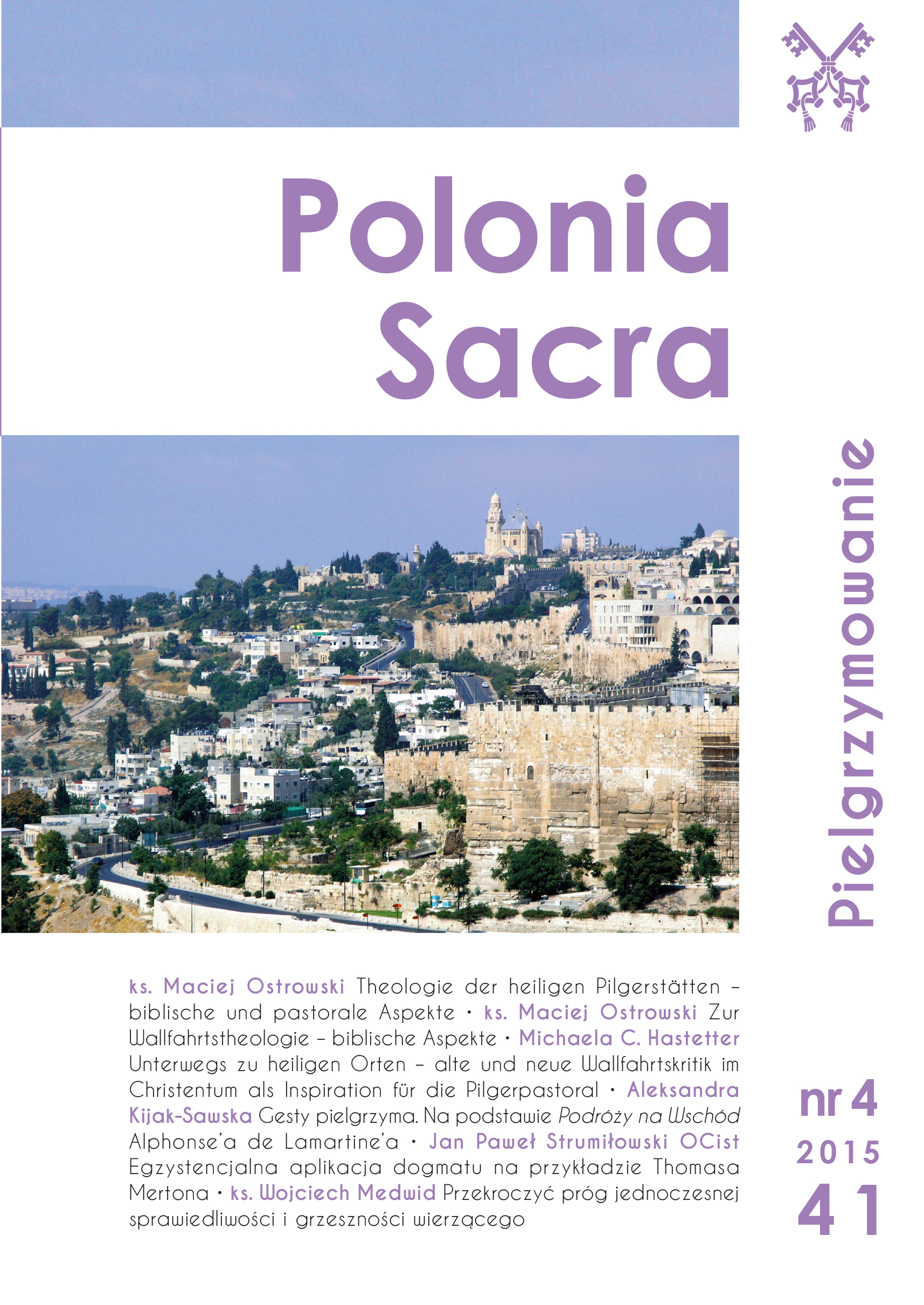Święcenia kapłańskie kobiet z perspektywy prawosławnej
Ordination of Women from the Perspective of the Orthodox Church
Author(s): Tadeusz KałużnySubject(s): Anthropology, Gender Studies, Politics and religion, Post-War period (1950 - 1989), Eastern Orthodoxy, Sociology of Religion
Published by: Wydawnictwo Naukowe Uniwersytetu Papieskiego Jana Pawła II w Krakowie
Keywords: Orthodoxy; ordination of women; priesthood; ecumenical dialogue;
Summary/Abstract: The present article aims at explicating the present position of the Orthodoxy on a possibility of ordaining women to the priestly office. The Orthodox Churches met with the problem of women’s ordination in 1960’s when participating in the World Council of Churches. At first, the Orthodox theologians saw this issue as something alien to their ecclesiastic awareness. In the course of time however, influenced by contacts with Christian Churches in the West, the Orthodoxy realized the importance of the problem and the need for a deeper reflection on it. The challenge was taken up by Orthodox theologians, especially those from Western Europe and the USA. The practice of ordaining women was negatively evaluated in the final document of the Rhodes Inter- Orthodox Consultation (1988). The Orthodox party took a similar position in the final documents of interconfessional ecumenical dialogues. The Orthodox arguments against ordination of women which are contained in these texts concentrate on the Tradition testified in the Holy Scriptures, anthropology, liturgical symbolism and Christian communion. Thus, the present position of the Orthodoxy on a possibility of women’s ordination to the priestly office is negative. At the same time, one can notice certain differences in opinions of Orthodox theologians on this issue, which can mean that the debate on ordination of women should not be regarded as finished.
Journal: Polonia Sacra
- Issue Year: 19/2015
- Issue No: 4
- Page Range: 133-153
- Page Count: 21
- Language: Polish

